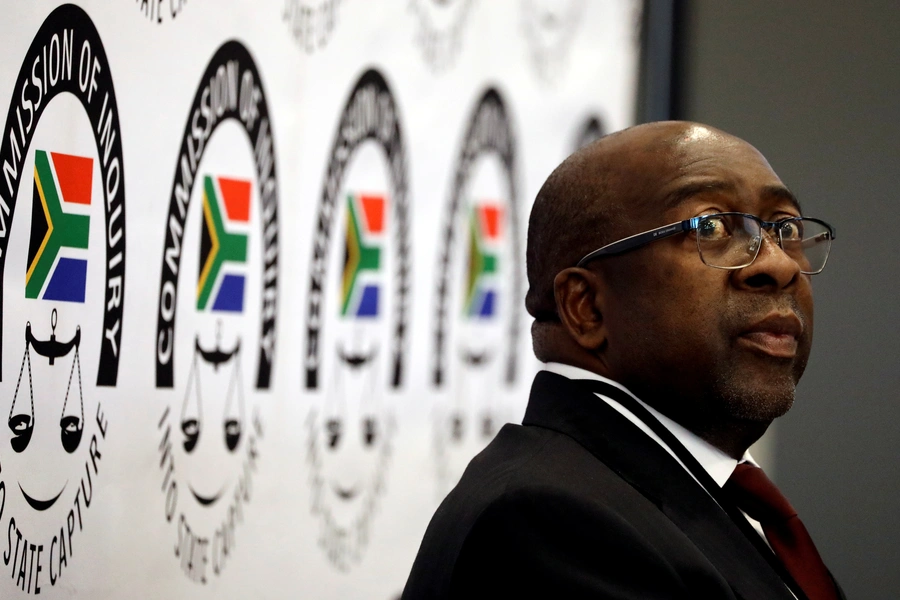South African Finance Minister Nene Resigns Amid Political Pressure

On October 9, President Cyril Ramaphosa accepted the resignation of Nhlanhla Nene as finance minister. Critics are accusing Nene of lying about the frequency of his contacts with the notorious Gupta family, which is now being investigated for “state capture.” He is also accused of somehow facilitating a deal involving his son, a Mozambican refinery, and a state financing agency. For his part, Nene has apologized for understating the number and location of his meetings with the Guptas, but has denied any involvement in his son’s businesses. He has been not been charged with any wrongdoing so far.
While finance minister under former President Jacob Zuma, Nene countered successfully the erstwhile president’s efforts with the Guptas to fund a poorly conceived nuclear power initiative—from which it is likely they would have personally benefited. Further, Nene has provided devastating testimony about Zuma and the Guptas before the current Judicial Commission of Inquiry into State Capture, known as the Zondo Commission. Nene was regarded as a “white hat” during the dark days of Zuma's administration, and was eventually fired in 2015. But Ramaphosa’s enemies within the ANC, as well as in the opposition Democratic Alliance (DA) and Economic Freedom Fighters (EFF), put intense political pressure on Nene to go once he acknowledged the full extent of his meeting with the Guptas.
More on:
It is unclear what effect this will have on the ANC’s chances in the upcoming elections. Ramaphosa has launched an initiative, “New Dawn,” that looks to rejuvenate South Africa’s economy and clean up corruption within the ANC and state-owned enterprises. He is arguing to the electorate that the ANC is able to “self-correct,” and Nene’s departure strengthens this position. The DA and the EFF counter, arguing that there is no “good” ANC and “bad” ANC, but only one ANC, and that it should be voted out of power. The accusations against Nene would appear politically to have undercut the credibility of Ramaphosa’s anti-corruption policies, even though Nene’s sins appear venial, if indeed they exist at all. Ramaphosa also faces opposition within the ANC. Zuma still has supporters within the party, reflecting at least in part his success in building patronage networks. Some of them stand to lose from Ramaphosa’s anitcorruption drive, and they likely applauded Nene’s departure.
In Nene's place, Ramaphosa appointed Tito Mboweni as the new finance minister. He was the first black governor of the South African Reserve Bank, holding the post from 1999 to 2009. During his tenure, he increased South Africa’s reserves from $10 billion to $40 billion. He later worked for Goldman Sachs and served on various corporate boards. He is not expected to change Nene’s policies significantly, and business confidence in him is reflected in the recovery of the Rand after falling with Nene’s departure. Although Mboweni apparently supported Ramaphosa’s chief rival, Nkosazana Dlamini-Zuma, in the 2017 ANC leadership race, his presence in the cabinet is likely to strengthen Ramaphosa’s hand.
The Nene episode shows that Ramaphosa takes seriously attacks on the credibility of his reform program, especially as the elections draw nearer. Nene, a reformer himself, likely did not want to jeopardize Ramaphosa's efforts against corruption. Hence his resignation. (Especially under Zuma, ministers were fired rather than resigning.) Ramaphosa may well bring Nene back into his administration after the elections conclude.
More on:
 Online Store
Online Store